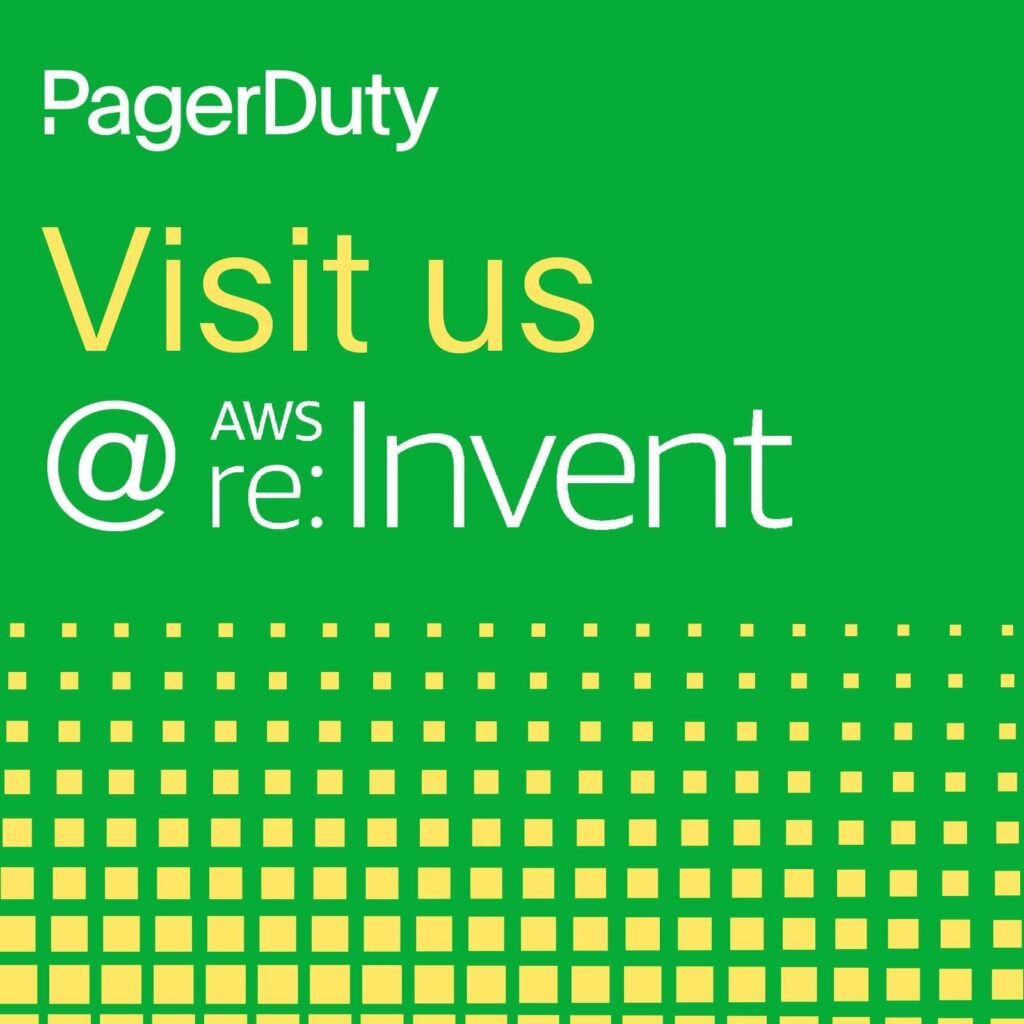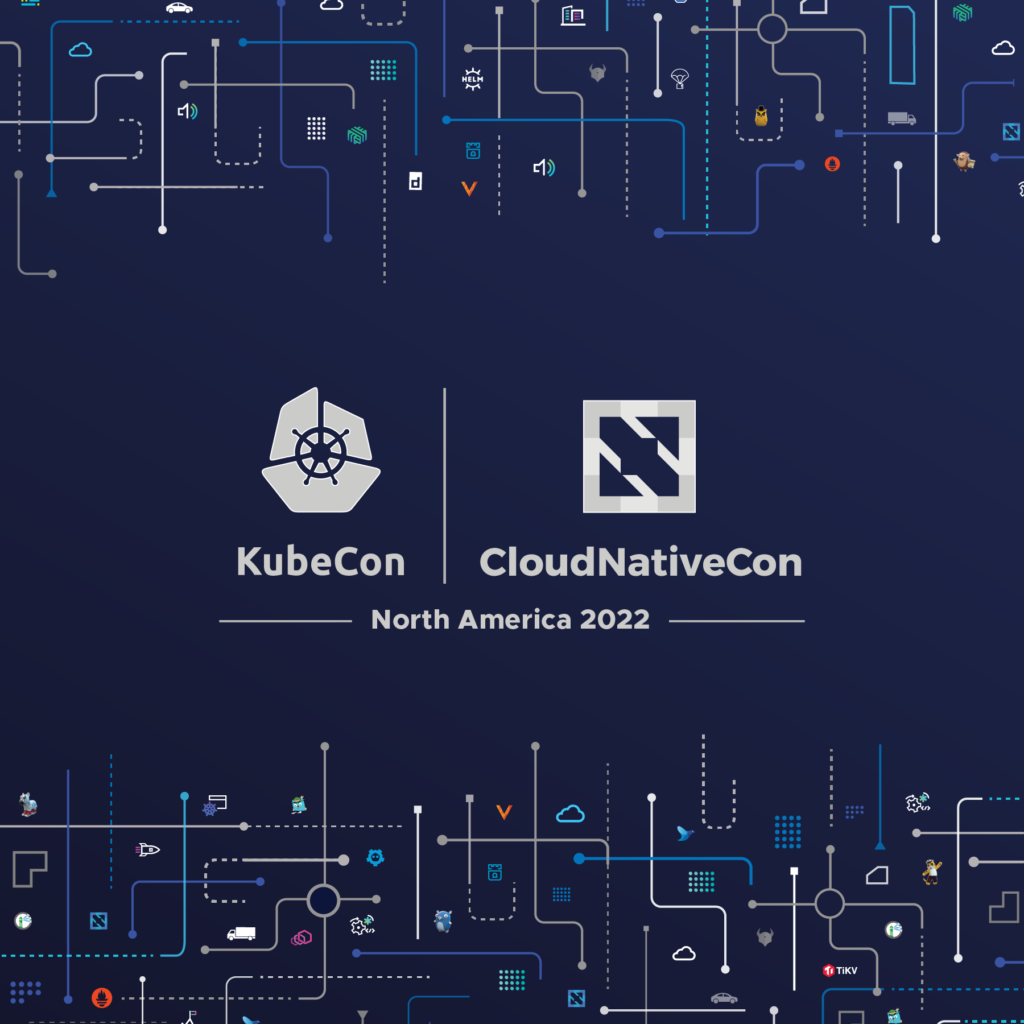Double Diamonds Aren't Just for the Snow

I sat nervously at the top of the mountain with a snowboard, staring down a double black diamond that seemed to trail off into nowhere. The icy wind biting at my face as I grit my teeth and reminded myself that, “speed is my friend.” Speed provides agility to instinctively maneuver, trusting myself and others around me as I navigate my way down. The second I start to slow down or overthink the situation, I’ll find myself with a face full of snow.
Similarly, this concept of speed and agility can be applied to building products that customers love — move faster than the market and continually adapt as you learn. If it’s not slightly uncomfortable than you’re not moving fast enough.
Don’t strive for perfection or hide behind the comfort of a plan — instead optimize for fast decision making, disciplined focus and speed of experimentation and learning. When you inevitably stumble on a mogul, brush off the snow and keep on moving; then brag about it with your friends over a beer at base camp.
During a recent blog post, Tim Armandpour the SVP for Product Development at PagerDuty wrote about a deep understanding of customer problems as a key principle behind our agile transformation. We must engineer for learning. How do you do that?
Double diamonds aren’t just for the snow
At PagerDuty, we use the ‘double diamond’ design model by the UK Design Council to institute a framework and consistent language for how we approach designing products that customers love. This is used as a model and is not a linear process (i.e we are intentional about how and when we make product decisions against the framework).
You are not the expert on problems
I write this down on my notepad every time I do customer discovery. It helps me stay honest and challenge bias. Interviewing a hundred customers isn’t particularly useful if you’re asking the wrong questions or seeking to simply validate your own ideas. Never do customer discovery alone. Invalidation from customers is just as valuable as validation. Partner Product Management and User Experience early in the research and ideation process.
Everyone is responsible for learning
Product Management should not hold the holy grail of customer knowledge. Product Management is responsible for facilitating customer learning across the organization. For example, at PagerDuty, both Product and Engineering participate in customer discovery early in the process and we strive to cultivate an inclusive and transparent culture of shared learning.
Hire for empathy
Don’t just hire for domain expertise. Knowledge of the space provides important context but a key skill to build in your product organization is empathy. The ability to recognize and understand the emotional needs of people is at the heart of how we solve problems for our customers at PagerDuty. Hire product managers with emotional intelligence, curiosity, commitment to personal growth, and a genuine care for helping others and solving problems.
As we get ready for the first PagerDuty Summit, where we will be discussing digital transformation with global leading organizations, ask yourself how your organization is engineering itself for continued learning. We have great product demos lined up for you to see and we’re excited to unveil new product enhancements that we have built using the approaches outlined above. We’d love to answer your questions about changes in your product development org. My team and I will be onsite to personally answer any questions about what we’re doing at PagerDuty to help you with your own transformation. See you there!


